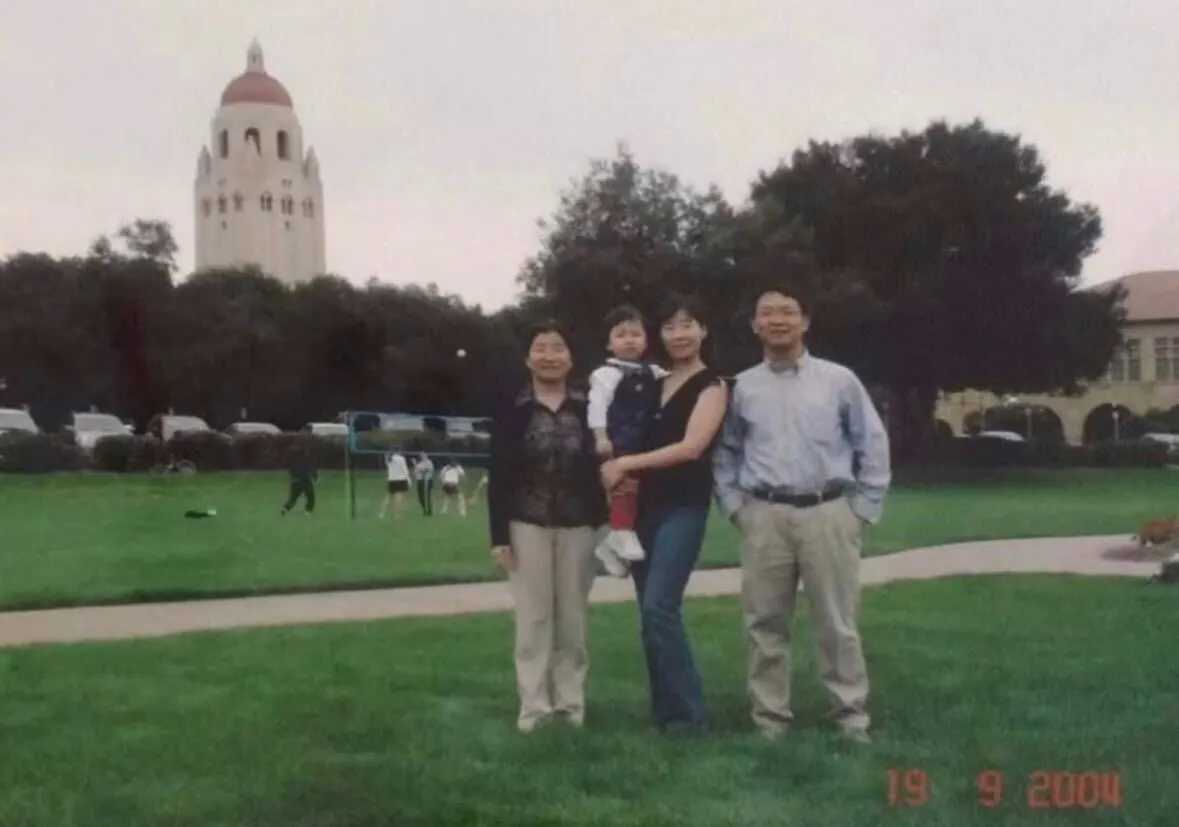The last essay I wrote at Stanford was on Proust’s theory of our inability to completely understand our past selves. At the beginning of it, there is a passage I cite from “Mémoire de fille,” my favorite Annie Ernaux book, that I can’t stop thinking about. Picking up a photo of herself from 50 years ago, she wonders if she is still the same person as the girl pictured:
For me to be her, I would need to know nothing of the future, of that summer ’58. I would need to suddenly be amnesiac of the history of my life and of the world. The girl of that photo is not me, but she is not fiction.
As graduation approaches, I’ve been thinking a lot about the girl I was four years ago, finishing high school from her childhood bedroom. To her, this university was still so intangible — whenever she tried to mentally place herself there, the buildings were nameless, the people faceless. The Daily was still a Slack workspace instead of a house I’d spent hundreds of hours inside, sprawled across its couches.
Proust writes that our past selves are almost like strangers, whose interiorities we cannot completely access. But I can’t stop wondering: Would she have been proud of me?
I think I’ve spent the past four years running from that girl, but I’ve been chasing her approval too. There is so much I can see through today that she couldn’t: her bravado, her stubbornness, her insecurities. Sometimes I resent her for not knowing what’s coming next, for believing so resolutely that everything she wanted so desperately would be enough to make her happy.
But there is also so much of her that I’m shut out from now, so many thoughts and feelings that I can’t access or even understand anymore. Some I wish I still had: her hope, her trust, her comfort or rather her unawareness of her own body. Some I’m glad to leave behind: her tunnel-vision, her naivety, her self-martyrdom.
I don’t mean for this to be sad. Each of us has past selves, past lives, things we wish we held on to and things we are glad to leave behind. The ‘me’ of each of the last four years has felt like a radically different person: The ‘me’ of frosh year so desperately wanted the world to be bigger than the two-mile radius around her house. The ‘me’ of sophomore year rubbed salt into her own wounds so she could have something to write about, as if there was something poetic about women’s pain. The ‘me’ of junior year spent nine months overseas trying to run from everything that reminded her of home, then returned to a Californian spring that finally felt like belonging. And the ‘me’ of this year feels grounded for the first time — feels like me with no apostrophes attached — after four years spent making mistakes to finally realize what mattered most to me.
I’ve spent a lot of the last two years thinking about the mistakes I made at 18 and 19, the decisions I could have made differently to avoid such regret. But something about graduation is softening my resentment. Maybe it’s the knowledge that despite everything, I made it. Maybe it’s the understanding that it was because of everything that I did.
For the first time, I’m starting to have empathy for that 18-year-old girl. I mean, it was her that got me to where I am now. And perhaps I can’t understand her anymore — but I can forgive her.
I wonder how the ‘me’ of five years from now will look back at the me writing this today. She’ll probably think the Proust reference was stupid. She’ll probably cringe at my dramatism. Maybe she’ll smile at the things she knows that I don’t yet. I hope she’d be proud.
